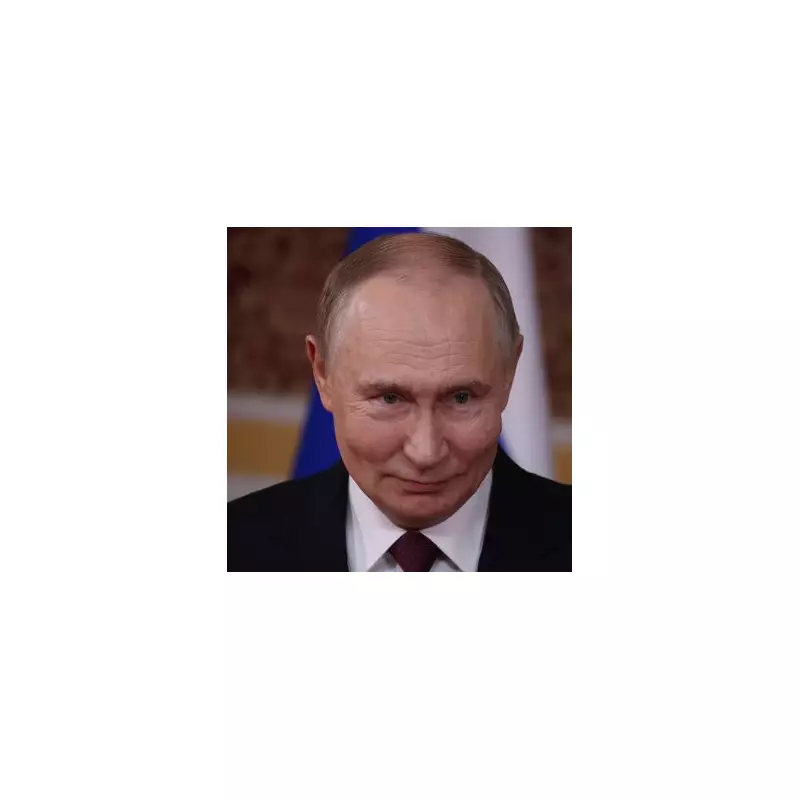
A chilling broadcast from a mysterious Russian radio station, known as 'The Buzzer', has sent shockwaves through the Baltic region after it transmitted a coded message explicitly naming the NATO member state Latvia.
The Sinister Broadcast
On Monday, the Cold War-era station, officially linked to Russian Strategic Forces, crackled to life with at least seven coded messages. The sixth transmission in this series contained the stark, uncoded word: LATVIA. The full message, as recorded, was: NZHTI NZHTI 15854 LATVIA 5894 4167.
This is not the first time the station has broadcast such enigmatic signals, but the direct naming of a NATO country is seen as a particularly provocative act. The station, which has been on air for around 50 years and is formally known as UVB-76, typically emits only a repetitive buzzing sound, hence its ominous nickname.
Context and Rising Tensions
The broadcast comes at a time of heightened anxiety for the Baltic states. Latvia, which shares a 170-mile border with Russia, along with its neighbours Estonia and Lithuania, is widely considered vulnerable to potential Russian aggression. Any military action against a NATO member would trigger Article 5 of the alliance's founding treaty, a collective defence clause that could escalate into a global conflict.
The cryptic activity follows a period of silence for the station earlier this month, which was reportedly caused by a drone strike on its power supply. The latest messages are believed by some analysts to be potentially connected to Russia's Grom-2025 (Thunder-2025) missile drills.
Online Speculation and Reaction
The LATVIA message immediately ignited a firestorm of speculation on social media and online forums. One alarmed user questioned, "Can Latvia be erased from maps?? Has it started!!????" Another Russian commenter demanded the addition of Estonia and Lithuania to such messages.
Other codewords broadcast in the same session included NANTOTYUK, LAST, BOLONSKIY (which translates to bologna), GALVANIZER, and DRAW. The meaning and purpose of these codes remain officially unknown, fuelling numerous conspiracy theories about their connection to military readiness or covert operations.
This event underscores the continued use of Cold War-era communication methods by Russia's military apparatus and serves as a stark reminder of the fragile security situation in Eastern Europe. The direct targeting of a NATO ally in such broadcasts is interpreted by many as a deliberate and sinister psychological operation.





